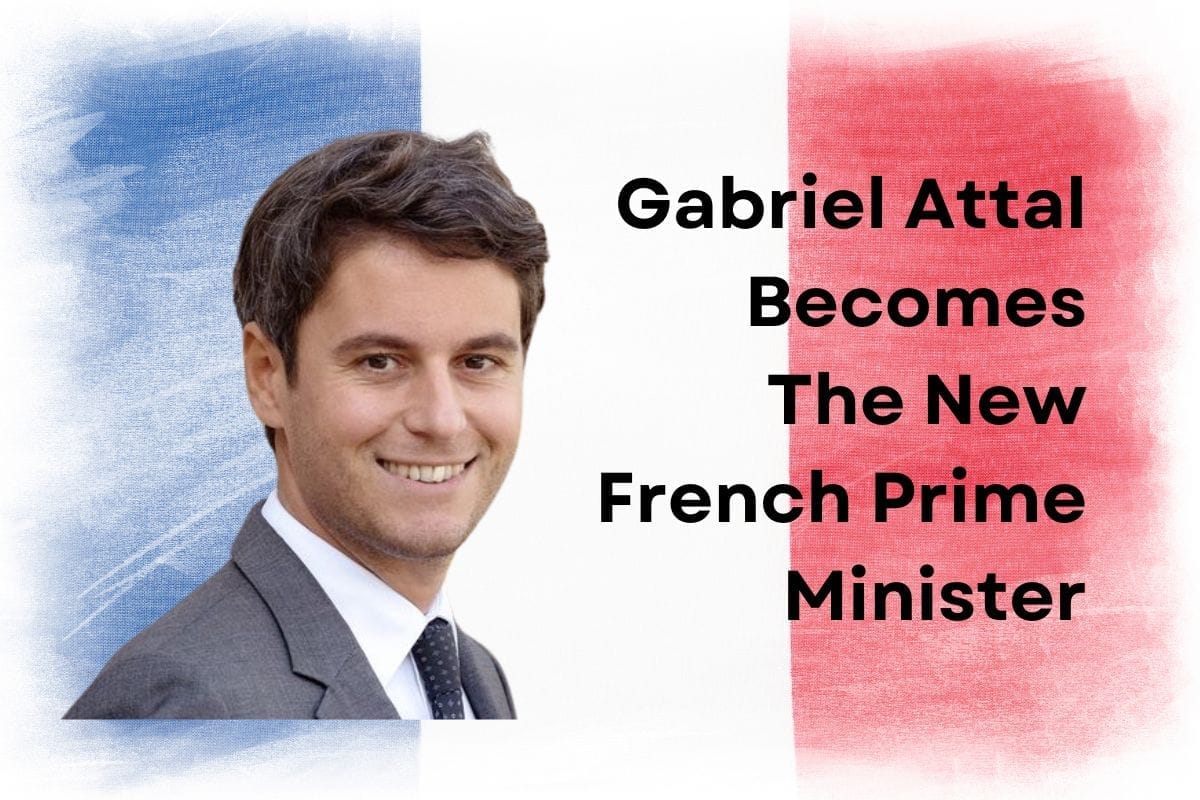
In a surprising twist, French President Emmanuel Macron initiated a cabinet reshuffle, appointing the widely acclaimed Minister of Education, Gabriel Attal, as the nation’s new Prime Minister. This move follows the resignation of incumbent Prime Minister Elisabeth Borne amid escalating political challenges faced by the Macron administration.
At a youthful 43 years of age, Attal, the former government spokesperson, now assumes the role of France’s youngest head of government in modern history. Tasked with rejuvenating Macron’s embattled administration, Attal steps into a key position during a critical juncture in French politics.
Addressing Challenges for Macron’s Presidency
President Macron confronts a series of hurdles, including declining approval ratings, a robust far-right opposition, and scrutiny over pivotal policy initiatives such as the proposal to raise the retirement age. Compounding these challenges, Macron’s centrist coalition recently lost its parliamentary majority, significantly limiting legislative capabilities. This vulnerable position likely prompted the quest for a new governing partner.
Attal, with his telegenic presence and articulate communication skills, enjoys popularity as France’s most favored minister, making him a strategic choice to potentially reconnect with disenchanted voters ahead of the crucial European Parliament elections scheduled for this summer.
Gabriel Attal’s Rapid Rise to Prominence
Gabriel Attal’s trajectory mirrors that of President Macron himself—a young outsider who gained national prominence through intelligence and effective communication. Departing from the Socialist Party in 2016 to endorse Macron’s presidential bid, Attal became France’s youngest cabinet member in six decades when appointed as Youth Secretary at the age of 29.
His subsequent roles as government spokesperson and budget minister further elevated his political standing, culminating in his stewardship of the education portfolio last year.
Role and Challenges as Prime Minister
In his capacity as Prime Minister, Attal’s primary objective will be to navigate the diverse coalition supporting Macron, fostering cohesion for more effective policymaking. His widespread popularity across party lines positions him as a potential unifier among moderate supporters, countering the rising influence of nationalist figures like Marine Le Pen.
However, skepticism lingers regarding Attal’s understanding of provincial economic concerns, given his Parisian background. Additionally, resistance from senior ministers accustomed to more experienced leadership remains a potential challenge.
It’s essential to note that despite the change in the Prime Minister’s office, President Macron retains most executive powers. Thus, the ultimate impact of Attal’s leadership remains uncertain, but his vision and energy signify a fresh beginning for France’s political landscape.


Leave a Reply